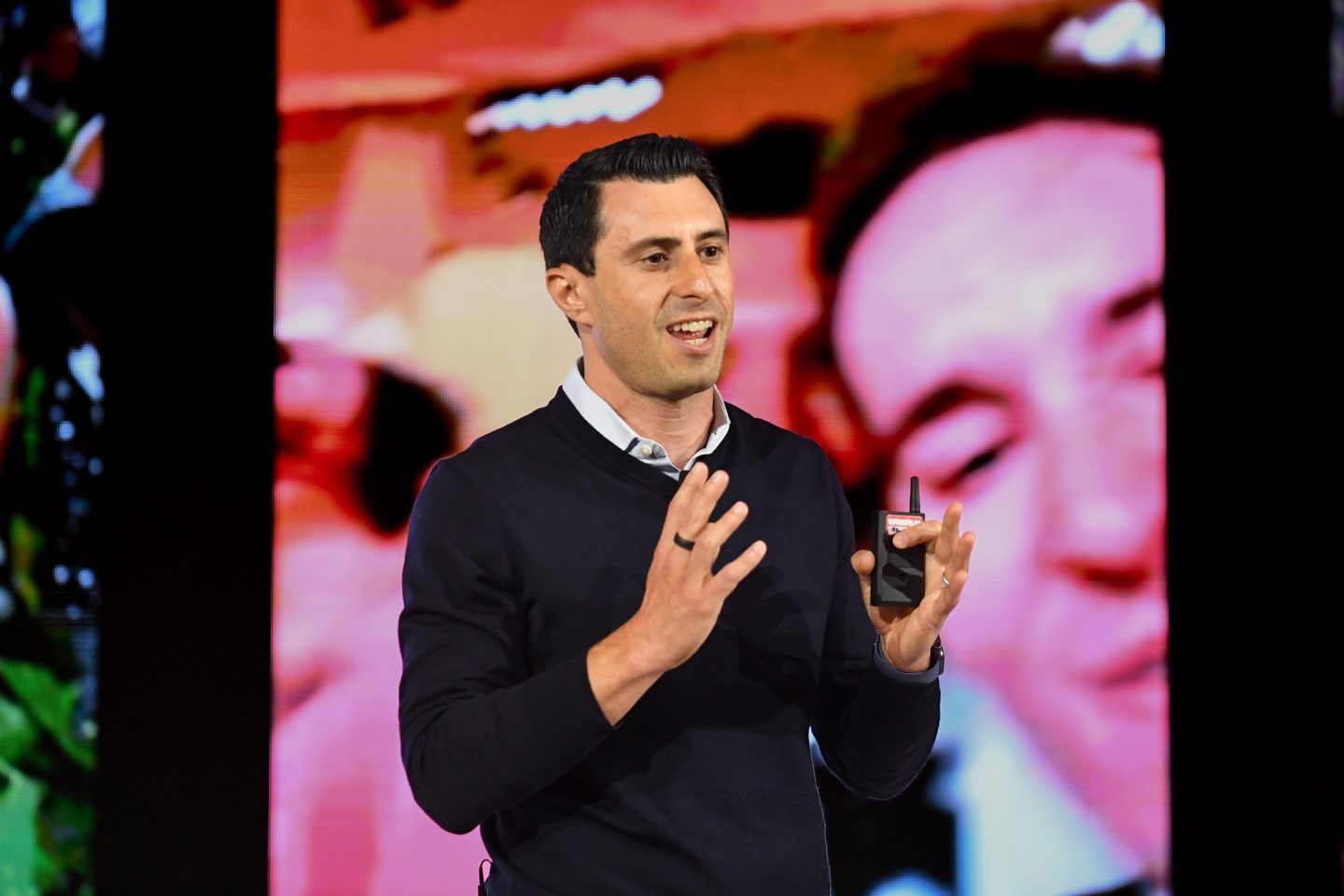This article is part of Tools of the Trade, a weekly series in which a variety of experts share actionable tips for achieving fast and effective results on everything from forming good habits to raising money.
This week Jon Sebastiani, the founder of Krave and Sonoma Brands, shares strategies for conducting effective market research on a budget.
Building a food brand in today’s crowded marketplace is no easy feat, particularly for up-and-comers who must capture the public’s attention on a startup budget.
Luckily, there’s an easy, relatively affordable way for brands to test a range of factors, including taste and price: Field marketing. The practice, in which product samples are distributed at a retail location or at an event, is also a great tool in introducing products to new audiences.
Here are a few more reasons why it’s so valuable.
1.It allows you to define your brand.
Growing up, my family owned a winery in Sonoma, Calif., and I experienced tasting rooms where people could smell, taste and touch the wine, as well as learn about its history and how it paired with food. If they liked what they tried, they could buy a few bottles to bring home.
This act of discovery was important. When I founded Krave Jerky decades later, I relied on a similar process. Essentially, we had to re-introduce consumers to jerky, which was seen as a gas station junk food. And so we applied the principles and elegance of a wine country tasting room to every supermarket demo and event we participated in. Not only did we offer samples, but when consumers tried our products, we were on hand to explain how we used all-natural ingredients and artisanal flavors for jerky elevated. It was a chance to differentiate ourselves and our product.
2. It shows you what your customers want.
When you are a startup, you are constantly looking for repeatable, scalable data. While big industry players can spend millions on market research, most startups don’t have that luxury.
This is where retail demos come in. By conducting in-store demonstrations, food and beverage entrepreneurs can test a range of factors, including price point, flavor profiles, messaging, most importantly, what’s not working. When launching Krave, we conducted retail demonstrations and observed customers’ reactions to our product. After listening to our consumer’s feedback that they sought a simplified flavor profile, Krave launched the Sea Salt flavor as a direct result of this customer insight.
3. It exposes your product to a new audience.
Beyond just collecting data, these one-on-one interactions are a good way to gain new customers. Particularly for brands in new or developing categories, this exposure is important. Z üpa Noma , for example, our recently-launched line of chilled, ready-to-sip soup. Because gazpacho and chilled soups are an emerging category in the American marketplace, we have relied on field marketing for customer trial. To date, through field marketing efforts, we have distributed roughly 9,000 samples, which has resulted in the sale of over 4,000 bottles.
In addition to retail demonstrations, startups should also consider taking their field teams to larger events. At an in-store demo, you may be able to expose your brand to 80 people in three hours. However, at a festival or conference, you might interact with 3,000 potential customers in that same time frame. And if a small percentage of those attendees share their discovery via social media, you’ve amplified that exposure in an organic way that’s often more powerful than traditional advertising.
When choosing an event, think about your target customer. What type of events are they likely to attend? For example, this year Dang Foods, the original coconut chip maker and a brand in our investment portfolio, had a booth at Wanderlust, a global yoga festival. By offering samples at the event, the company was able to connect with its customer base in a fun way, and create new customers.












